College Ranking - College Insights Tool

Welcome! Let's explore and rank the best colleges together.
Empowering college decisions with AI
Compare the academic reputation of Harvard University and Stanford University based on recent rankings.
Evaluate the faculty quality of MIT with a focus on their contributions to research in technology.
Analyze the student satisfaction rates of liberal arts colleges in the northeastern United States.
Discuss the impact of research output on the global ranking of top engineering schools.
Get Embed Code
Overview of College Ranking GPT
The College Ranking GPT is designed to evaluate and rank colleges and universities across various dimensions crucial for academic and personal growth. It leverages data-driven insights to analyze institutions based on criteria such as academic reputation, faculty quality, research output, and student satisfaction. This GPT's methodology is rooted in comprehensive evaluations of educational institutions, incorporating both quantitative data and qualitative assessments to present a holistic view of each college or university. For example, when analyzing academic reputation, it might consider factors like publication rates, citation indexes, and survey results from academic peers. The purpose is to offer users detailed information that aids in making informed decisions regarding college selection, without leaning on personal biases or opinions. Powered by ChatGPT-4o。

Primary Functions of College Ranking GPT
Analyzing Academic Reputation
Example
Evaluating universities based on their global academic standing, considering factors such as peer assessment scores, employer reviews, and faculty awards.
Scenario
A user queries the academic reputation of a specific university. The GPT provides a detailed analysis, including its position in global rankings, notable faculty achievements, and its perceived value among academic peers and employers.
Assessing Research Output and Quality
Example
Comparing institutions based on research productivity, innovation, and impact, using metrics like research funding, publication volume, and citation rates.
Scenario
When asked about the research capabilities of a particular college, the GPT offers insights into the college's research funding, areas of research excellence, and impact factors of published works.
Evaluating Student Satisfaction and Outcomes
Example
Examining graduation rates, alumni success, and student feedback to gauge the overall student experience and outcomes.
Scenario
A prospective student is interested in learning about student life and post-graduation success at a university. The GPT provides statistics on graduation rates, employment statistics, and alumni testimonials.
Target User Groups for College Ranking Services
Prospective Students
Individuals exploring higher education options who seek comprehensive, unbiased information on various institutions. They benefit from the GPT's detailed analyses of colleges, enabling them to compare academic programs, student life, and post-graduation outcomes.
Educational Researchers
Researchers and academicians looking for data on universities for comparative studies or institutional research. They utilize the GPT's ability to provide detailed metrics on research output, faculty quality, and academic reputation for their analyses.
College Counselors and Advisors
Professionals who guide students in their college selection process. They rely on the GPT for up-to-date, detailed information on colleges and universities to offer personalized advice to their clients.

How to Use College Ranking
Start with YesChat
Initiate your journey by visiting yeschat.ai, where you can explore College Ranking during a free trial without the need for login or subscribing to ChatGPT Plus.
Identify Criteria
Determine the criteria important to you for college evaluation, such as academic reputation, faculty quality, student satisfaction, or research output.
Ask Detailed Questions
Pose specific, detailed questions regarding colleges or universities to receive comprehensive, data-driven insights and evaluations.
Analyze Responses
Review the provided evaluations carefully, considering how each institution's strengths and weaknesses align with your personal or academic goals.
Refine and Compare
Use the insights to refine your list of prospective institutions and request comparative analyses to make informed decisions.
Try other advanced and practical GPTs
College Application
Empowering your college application journey with AI.
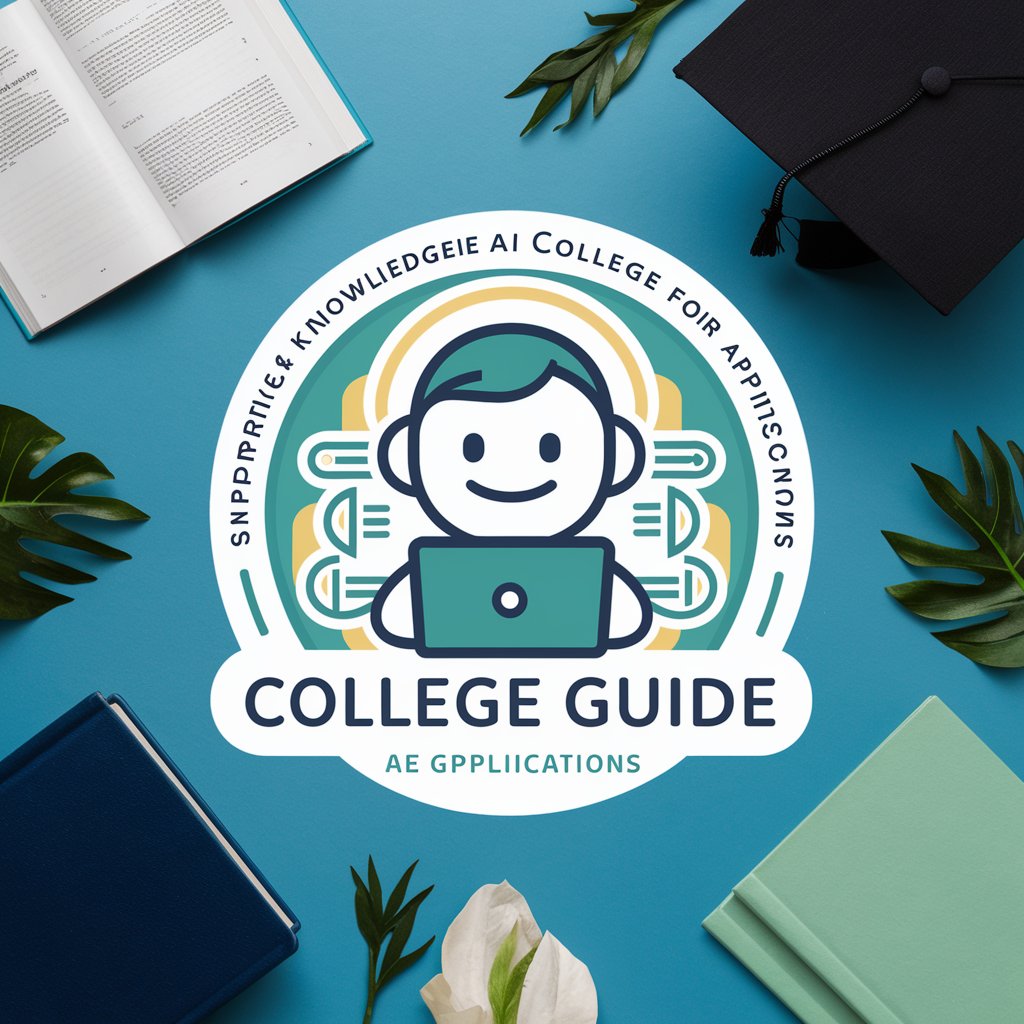
Color Inverter
Transform images with AI-powered inversion

Color
Illuminate Your World with AI-Powered Color Wisdom
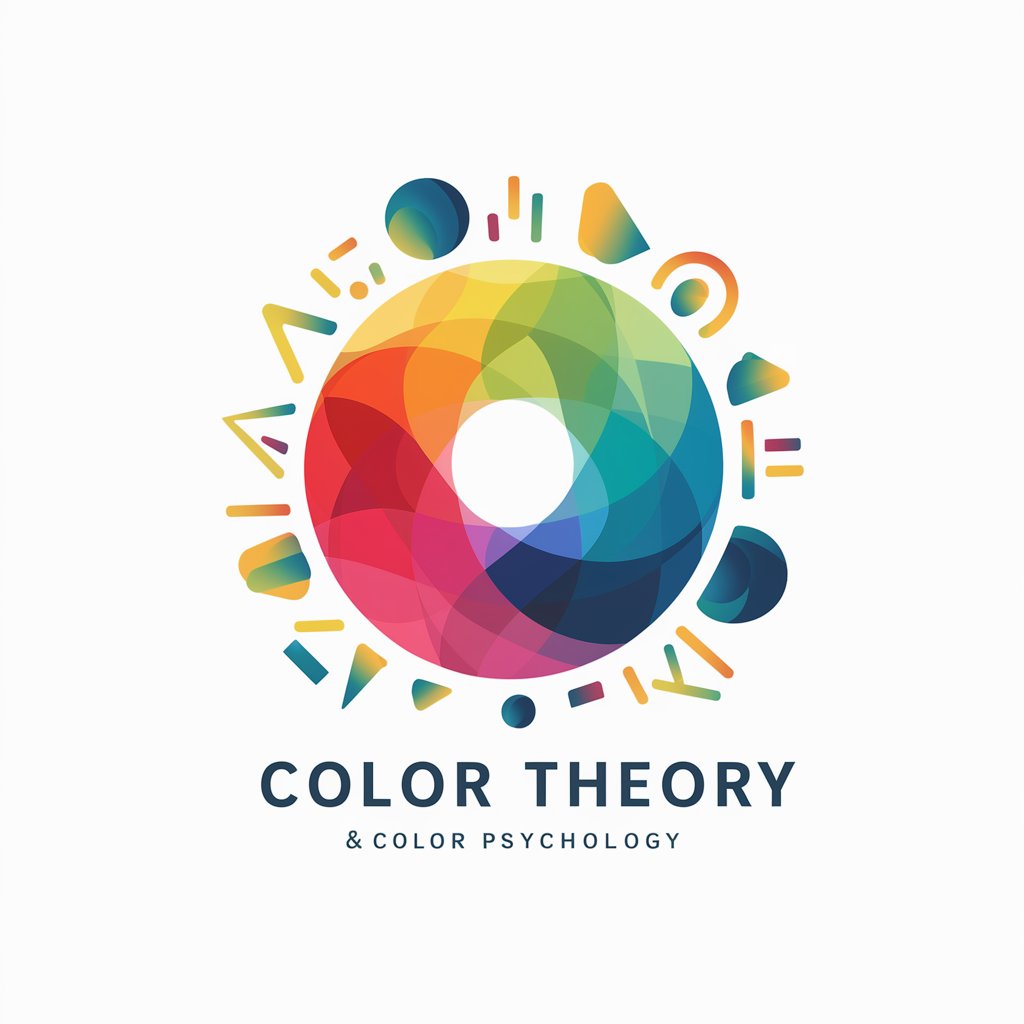
Language Inventor
Craft New Languages with AI
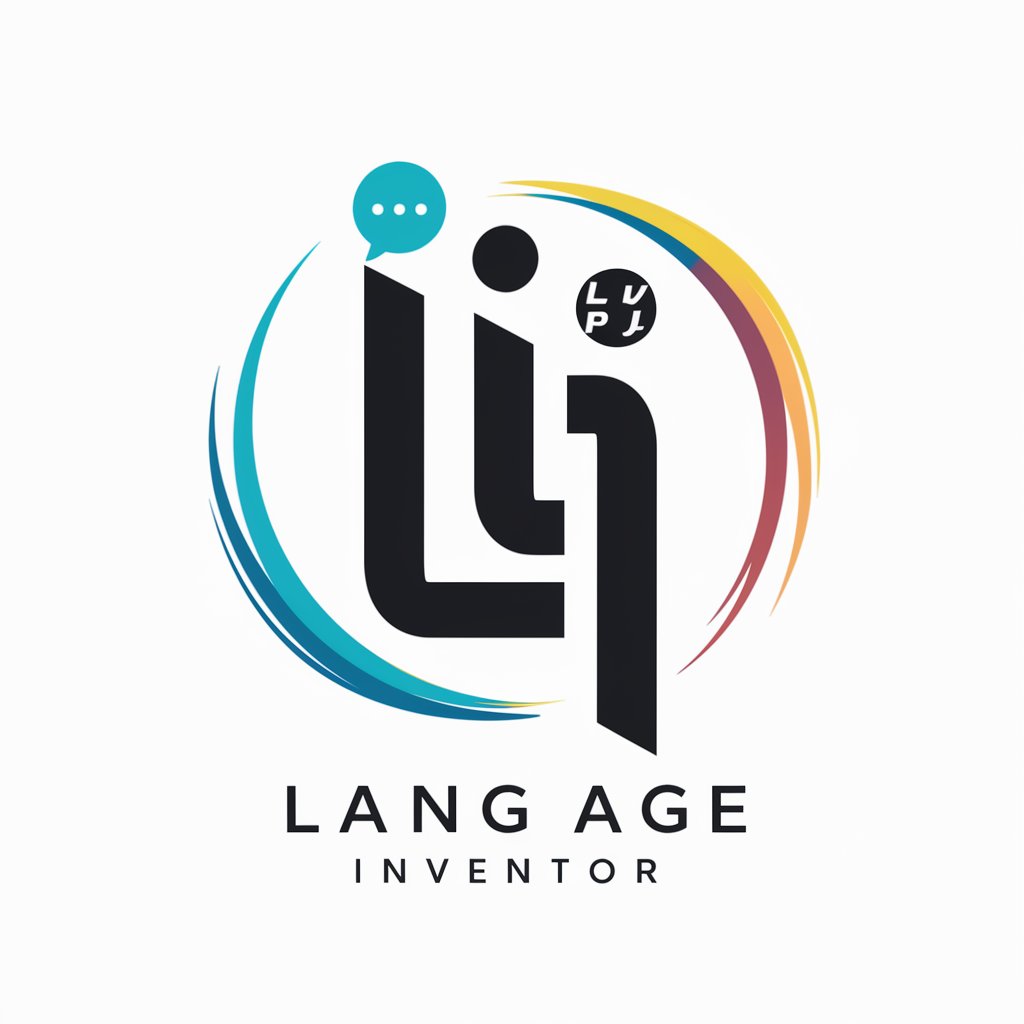
Apps
Empowering Your Daily Life with AI
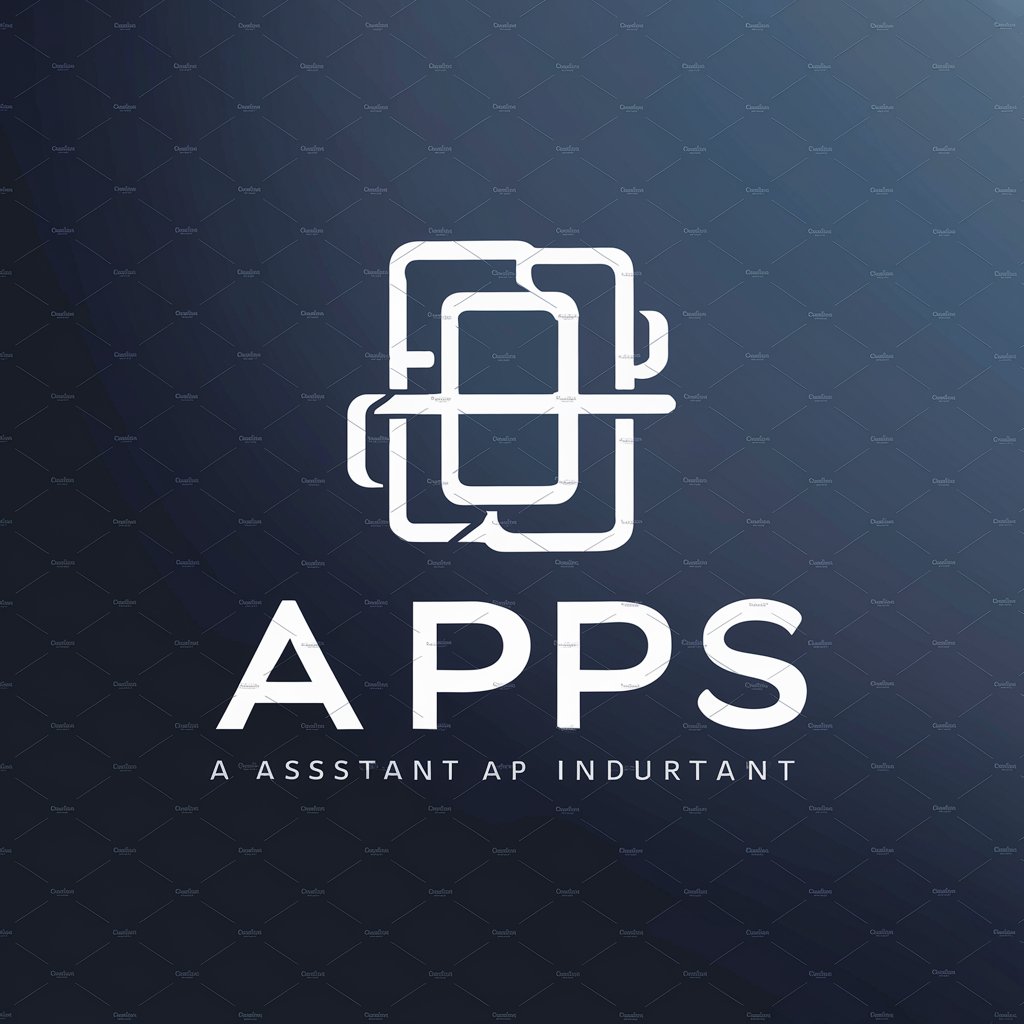
Mobile
Empowering Mobile Intelligence with AI

College Majors
Explore majors, fuel your future.
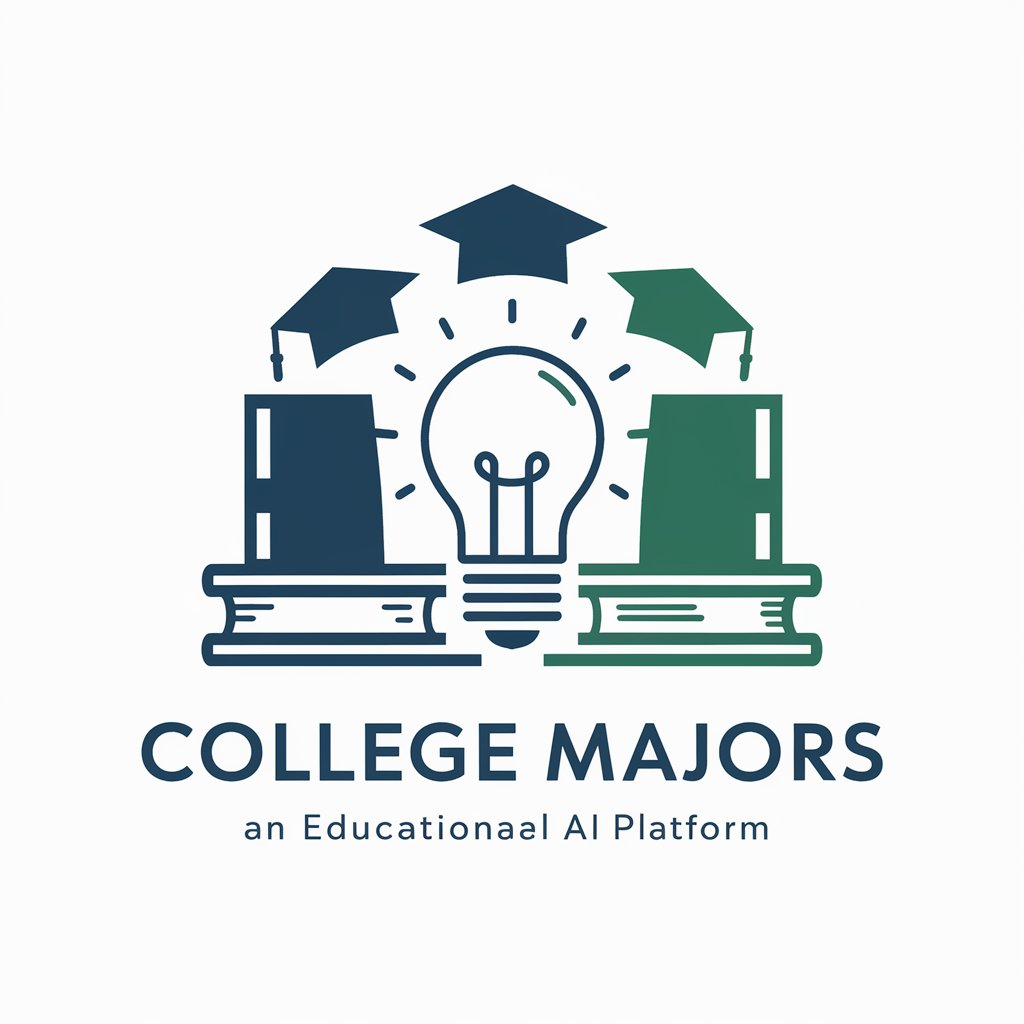
Pest Control
Empowering pest control with AI precision.

NEXTH - Vendas
Humane, AI-powered Bird Deterrence

Kerio Control Solver
AI-powered Kerio Control Solutions

Plant Pests
AI-powered Plant Pest Solutions

Flea & Tick
Empowering pest control with AI insights.

College Ranking Q&A
How does College Ranking evaluate academic reputation?
College Ranking evaluates academic reputation through a combination of factors including faculty achievements, peer assessments, and external recognitions. It analyzes data from publications, awards, and institutional rankings to provide a comprehensive view.
Can College Ranking compare research output between universities?
Yes, College Ranking can compare research output by analyzing publication numbers, citation impact, research grants, and innovative projects across institutions, offering a detailed perspective on research strength and scope.
How does it assess student satisfaction?
Student satisfaction is assessed through surveys, student reviews, and graduation outcomes. Factors such as campus life, academic support, and employment rates post-graduation are considered to provide a holistic view.
Is faculty quality included in the evaluations?
Absolutely, faculty quality is a critical component of our evaluations. We consider faculty credentials, student-to-faculty ratios, teaching awards, and research contributions to evaluate the teaching and mentoring environment.
How can College Ranking aid in selecting a graduate program?
College Ranking aids in selecting a graduate program by providing detailed analyses of program-specific criteria such as faculty expertise, research facilities, industry connections, and alumni success, enabling users to match their academic and career aspirations with the right program.
